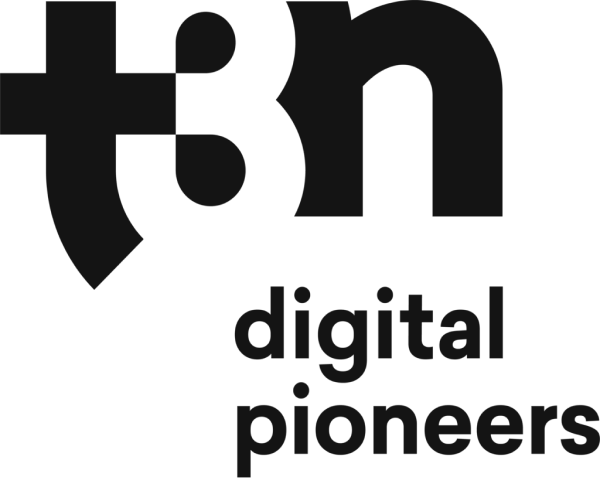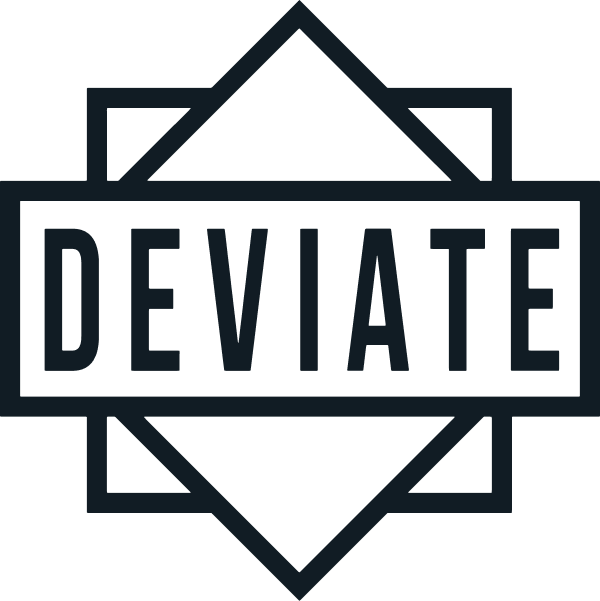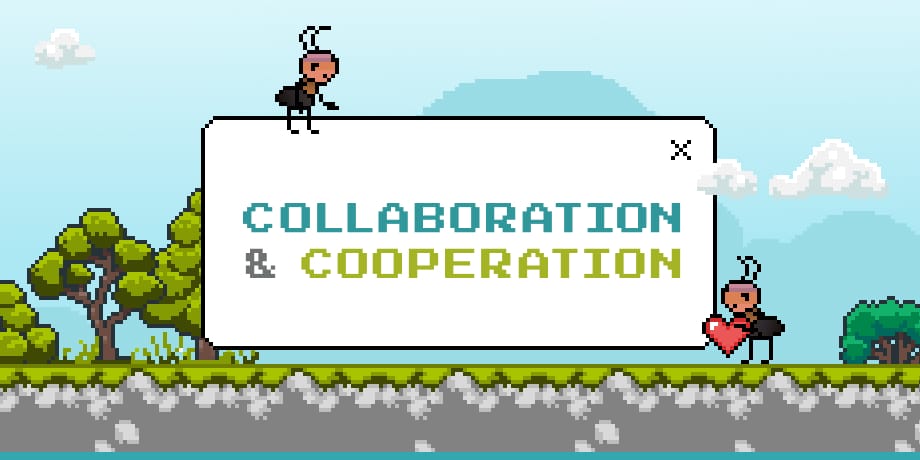World Usability Day Leipzig 2022
11/10/2022 – Our health

104 visitors
7 lectures
2 workshops
On 10 November 2022, our WUD team organised the sixth edition of the Leipzig World Usability Day. This time, the invitation was extended to the Design Offices in the centre of the city. A new-work atmosphere and sustainably operated working landscape provided the ideal setting for this year's WUD motto "Our Health".
In six exciting and informative lectures as well as an attractive keynote and two first-class workshops, the motto was approached from unusual points of view with UX glasses. The spectrum of topics ranged from biotechnology and motion analysis with AI to ethical issues and gender equality in the UX field.
Culinary delights from our caterer Rasselbock accompanied the day. Hummus, lentil stew, chicken skewers and the cake buffet with its sweet temptations left nothing to be desired.
Programme 2022
Including videos & Presentations
| Main Stage | Workshop | ||
|---|---|---|---|
| 09:20 |
09:20 – 10:10
Keynote Richard Bretschneider | QIAGEN Biotech
|
||
| 10:15 |
10:15 – 10:45
Verbesserung der Gesundheitskompetenz durch digitale Patientenedukation – Beispiel aus der Versorgungsrealität (Projekt PIKKO) (Improving health literacy through digital patient education – Example from the reality of care (PIKKO project) Dr. Christian Keinki & René Meyer | Deutsche Krebsgesellschaft e. V.
|
10:15 – 12:15 | Workshop Raum
Workshop 1: Gesund digital Arbeiten: Digitalen Stress reduzieren – mentale Gesundheit stärken (Healthy digital working: Reduce digital stress – strengthen mental health) Franziska Seidel & Heide Hüttner | extrazwei
|
|
| 11:35 |
11:00 – 11:30
DiGA: Sind Apps auf Rezept auch ein Rezept zum Erfolg? (DiGA: Are apps on prescription also a recipe for success?) Hannah Jung | Brunel University London
|
||
| 11:35 |
11:35 – 12:15
Menschliche Bewegungsanalysen mit künstlicher Intelligenz (Human motion analysis with artificial intelligence) Simon Rasch | SAIGE Analytics
|
||
| 14:00 |
14:00 – 14:30
Ungefragt, direkt und ehrlich – die Stimme der User (Unasked, direct and honest – the voice of the users) Alia Bigga | eCovery
|
14:00 – 15:40 | Workshop Raum
Workshop 2: UX Design Ethik Workshop für Datenschutz und Privatsphäre (UX Design Ethics Workshop for Data Protection and Privacy) Yasmina Giebeler | Mittelstand 4.0-Kompetenzzentrum Usability
|
|
| 14:35 |
14:35 – 15:05
Menschgerechte Kultur, menschgerechte Produkte (Humane culture, humane products) Dominique Winter | OBI next
|
||
| 15:10 |
15:10 – 15:40
Gender-responsive UX Michelle Baumbach | SKOPOS NOVA
|
||
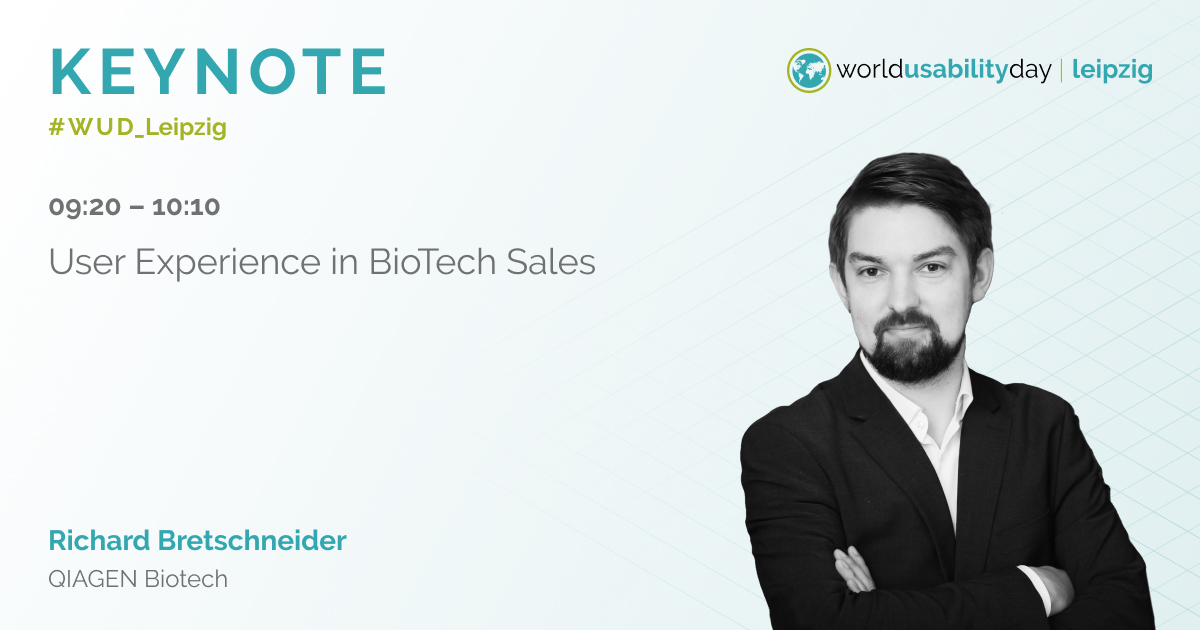
Biotechnology products have been encountered by pretty much everyone during the Corona pandemic. At least the Covid tests for home use, often also PCR tests, have become part of everyday life for many.
Richard Bretschneider is Head of User Experience at Qiagen, a publicly listed biotechnology company that has recently gained notoriety for its molecular diagnostics testing technology products, especially during the pandemic. His team of UX designers focuses on sales of the various biotech products, which goes far beyond a normal online shop. In his presentation, he will give an overview of how his team optimises the user experience for a target group consisting of laboratory technicians, biologists, researchers, etc.
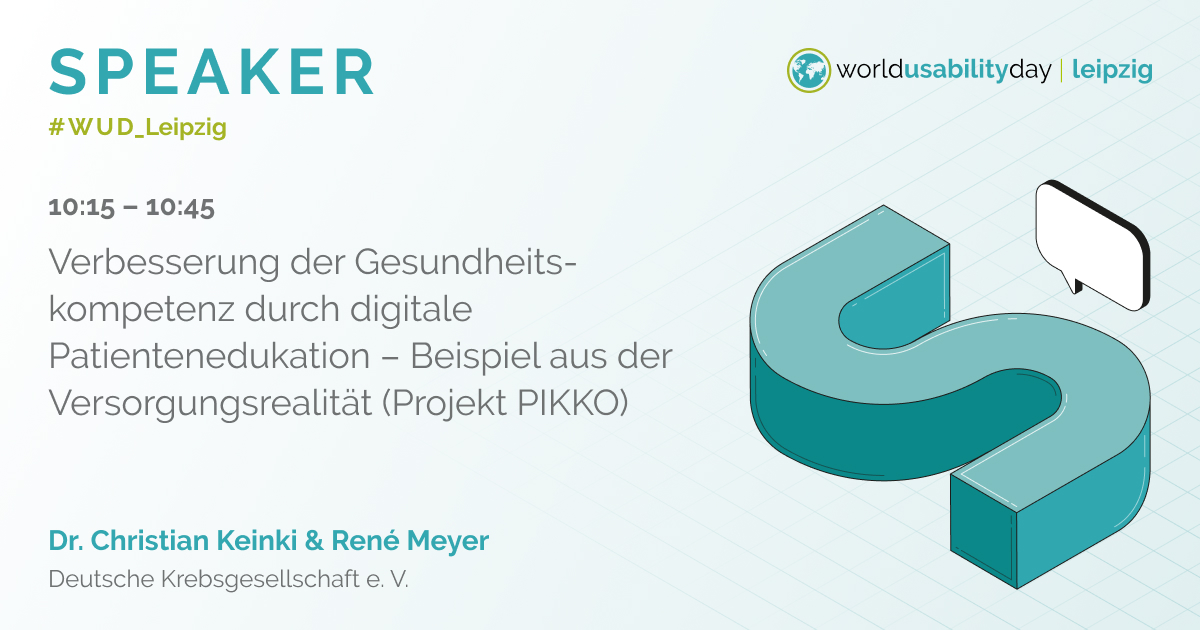
More and more often, the internet is the first place to look for information on health issues. The net offers a lot of information, but not necessarily quality-assured and prepared for the target group. Patients diagnosed with cancer in particular have a high demand for information, counselling and support. In the reality of care, however, this cannot always be addressed comprehensively and individually. In order to counteract this lack and to demonstrate the added value of an additional counselling and information pathway for cancer patients, the PIKKO project (Patient Information, Communication and Competence Promotion in Oncology) was implemented as a model in Saarland.
We would like to present the findings that resulted in the improvement of individual health competence, self-efficacy and patient safety, as well as the hurdles that had to be overcome in the course of the project. With this example, we would like to give you an insight into health services research and which challenges exist for a translation into standard care.

Answering important emails directly, one online meeting after another, always having your smartphone with you or following the latest news from social media – in our everyday life there are constantly situations that can trigger digital stress.
In this session we will combine two topics that most people often encounter in their (professional) everyday life: stress and digital media. We will look at how both topics are connected, what digital stress is and how it affects us. You will learn how to use digital media in a stress-free and self-determined way and what role breaks play in your digital everyday life.

DiGAs (digital health applications) or simply "apps on prescription" are part of the Digital Health Care Act (DVG), which came into force on October 6, 2020, to promote digitization in the German healthcare system. DiGAs are apps (smartphone & Internet browser) that doctors and psychotherapists can prescribe to their patients if it makes sense as a digital accompaniment to treatment. The costs are covered by statutory health insurers, and in some cases also by private health insurers.
What influence does the usability of a DiGA have on its use? What does this in turn mean for the manufacturers of DiGAs? Are DiGAs a recipe for economic and health success?
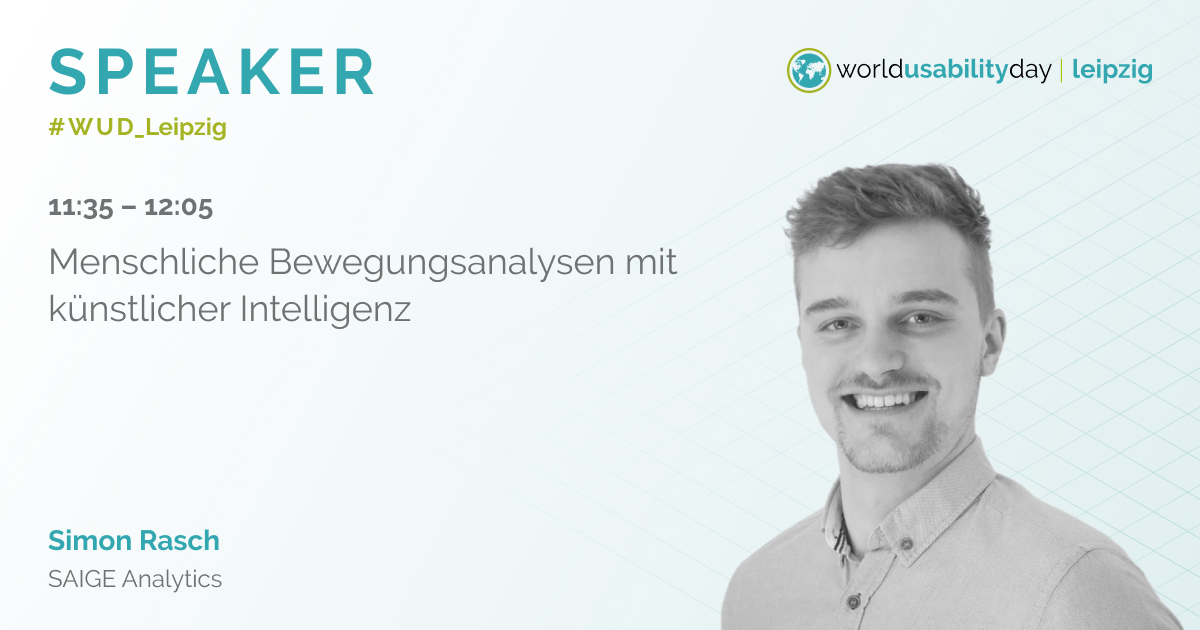
SAIGE Analytics develops an innovative technology for human motion analysis. Using video and wearable data, sports clubs and industrial companies are provided with comprehensive analyses to improve movement ergonomics as well as make processes more efficient. Through a modern IoT system, the motion data can be deeply processed in real time in the cloud with multiple AI models. In this way, complex movement analyses can be carried out with as little personnel and hardware effort as possible. This enables the application in many new markets where complex movement analyses were previously considered too costly.
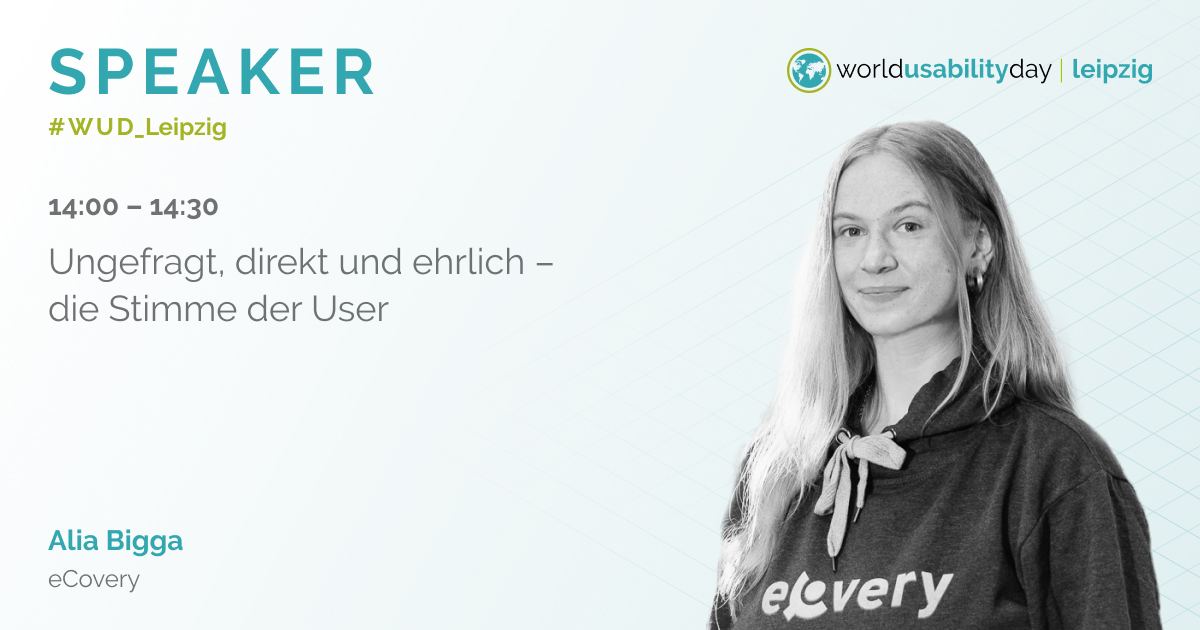
An insight into the start-up eCovery. How communication between users and product succeeds despite a medical product with its high standards and regulations.
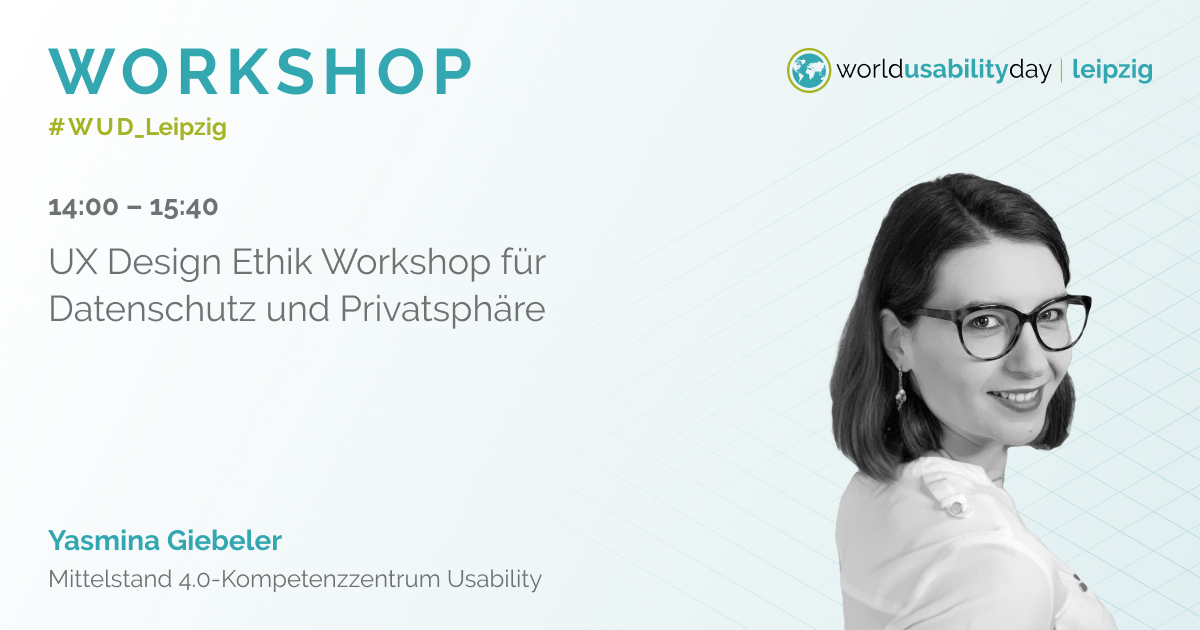
Essential aspects of ethics- and values-based design methods are the users' right to privacy and data protection. The human-centred design process can help to design digital technologies with these values in mind. Current implementations of privacy education for websites (cookie banners) in the EU often do not yet take them into account (dark pattern). This can lead to a loss of user trust in online services and negatively affect the user experience.
In this participatory design workshop, which combines methods of human-centred design, design thinking and an ethical design exercise, new solutions for ethically justifiable and user-centred interactions are designed together. These should enable the high demands on data protection and privacy and at the same time increase user acceptance.
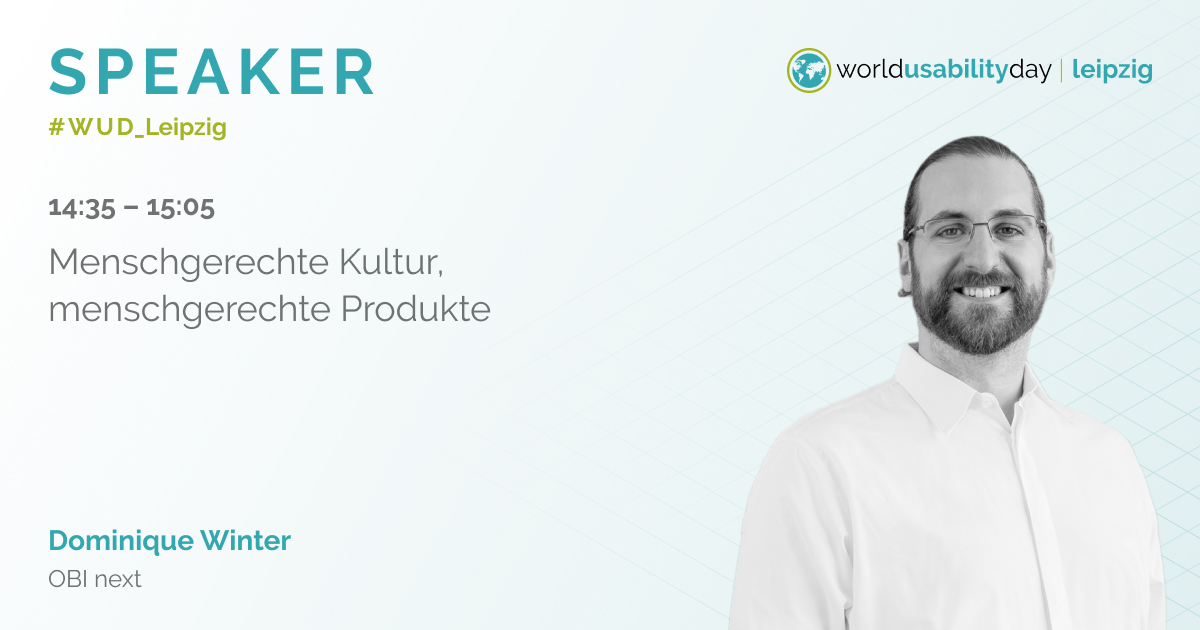
Based on culture as the operating system of the organisation, I put forward the thesis that a humane organisational culture also leads to better products.
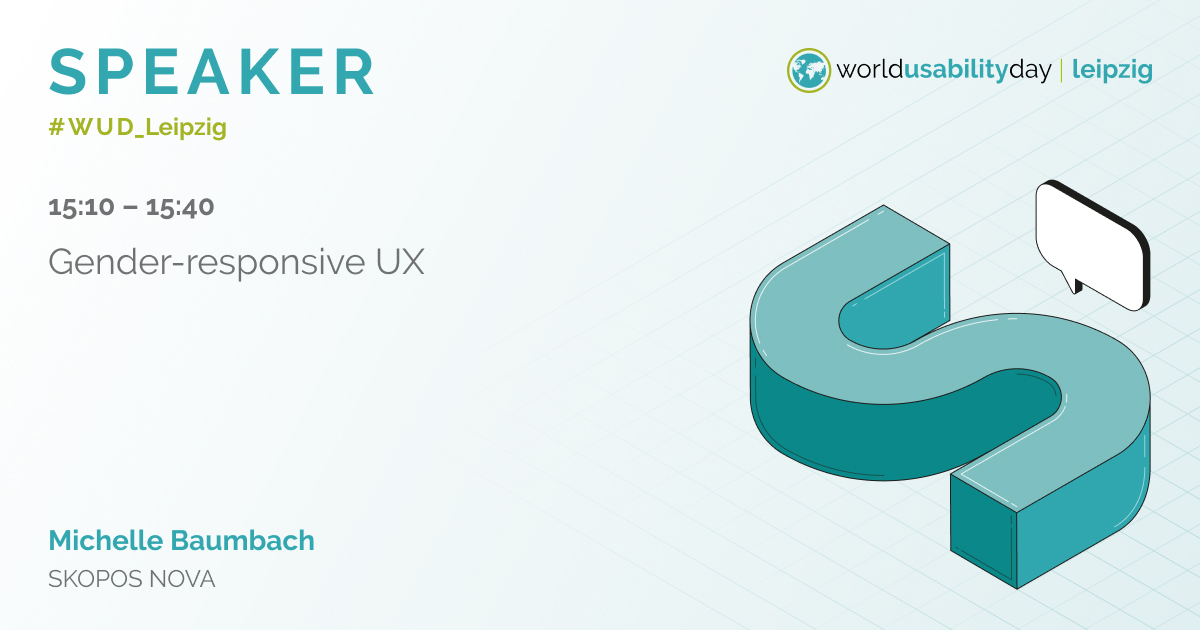
There is nothing worse than making a group of people feel excluded than using language that pretends they are simply not in the room.
Michelle Baumbach will cover the topic of gender equity and inclusivity in UX research in her talk. This is far from a given in the UX field, but for many people it is an important issue that affects their sense of visibility and therefore mental health. Michelle will talk about why it's so important to be inclusive towards everyone and how UX writing can influence this. Because of this, Michelle will talk about the key arguments for prioritising this topic and bring back valuable key insights and tips for the future.
-
9:20 – 10:10
Keynote
User Experience in BioTech SalesRichard Bretschneider | QIAGEN Biotechread more -
10:15 – 10:45
Verbesserung der Gesundheitskompetenz durch digitale Patientenedukation – Beispiel aus der Versorgungsrealität (Projekt PIKKO)
(Improving health literacy through digital patient education – Example from the reality of care (PIKKO project)
Dr. Christian Keinki & René Meyer | Deutsche Krebsgesellschaft e. V.read more -
11:00 – 11:30
DiGA: Sind Apps auf Rezept auch ein Rezept zum Erfolg?
(DiGA: Are apps on prescription also a recipe for success?)
Hannah Jung | Brunel University Londonread more -
11:35 – 12:15
Menschliche Bewegungsanalysen mit künstlicher Intelligenz
(Human motion analysis with artificial intelligence)
Simon Rasch | SAIGE Analyticsread more -
14:00 – 14:30
Ungefragt, direkt und ehrlich – die Stimme der User
(Unasked, direct and honest – the voice of the users)
Alia Bigga | eCoveryread more -
14:35 – 15:05
Menschgerechte Kultur, menschgerechte Produkte
(Humane culture, humane products)
Dominique Winter |OBI next -
15:10 – 15:40
Gender-responsive UX
Michelle Baumbach | SKOPOS NOVAread more
Workshops
-
10:15 – 12:15
Workshop 1: Gesund digital Arbeiten: Digitalen Stress reduzieren – mentale Gesundheit stärken
(Healthy digital working: Reduce digital stress - strengthen mental health)
Franziska Seidel & Heide Hüttner | extrazweiread more -
14:00 – 15:40
Workshop 2: UX Design Ethik Workshop für Datenschutz und Privatsphäre
(UX Design Ethics Workshop for Data Protection and Privacy)
Yasmina Giebeler | Mittelstand 4.0-Kompetenzzentrum Usabilityread more

